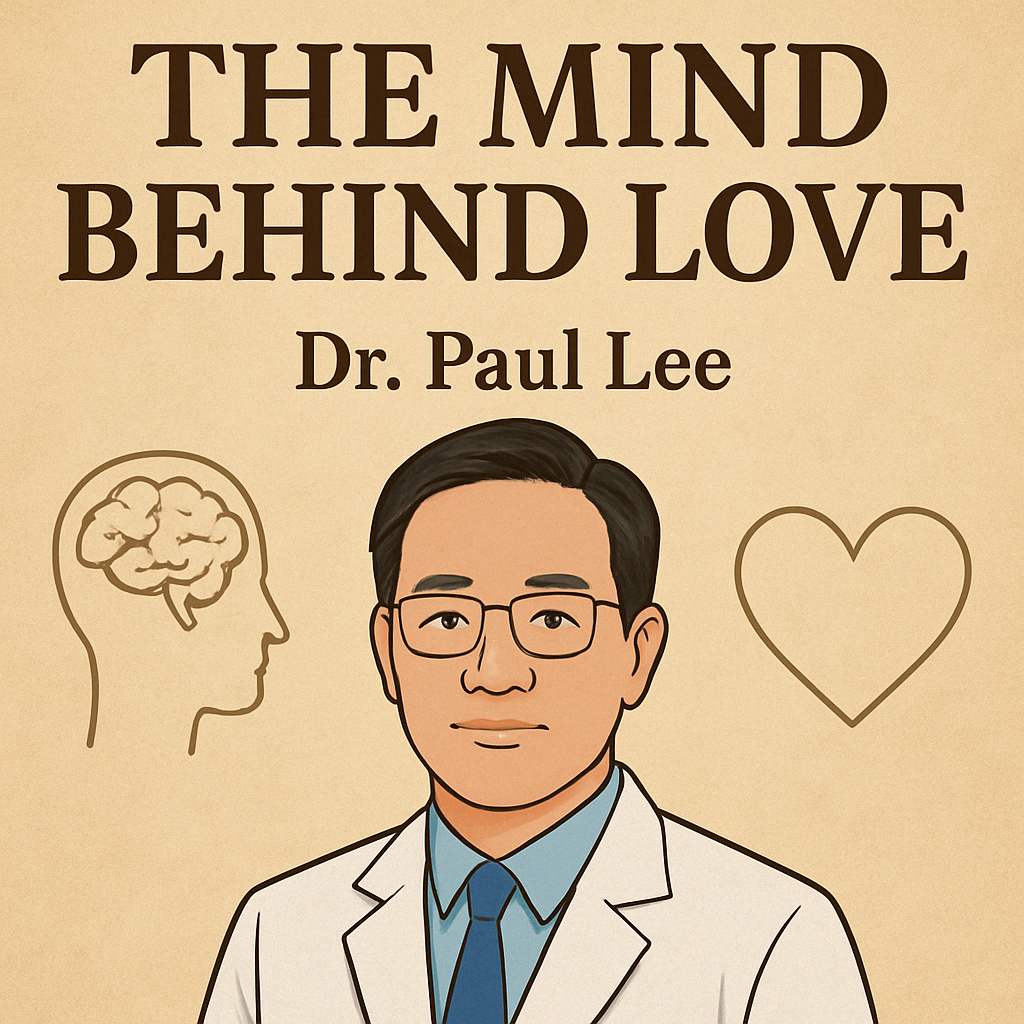티스토리 뷰
Why Do We Fall for People Who Hurt Us? (Emotional Healing Series #5)
Dr. Paul Lee 2025. 4. 20. 23:00Why Do We Fall for People Who Hurt Us? (Emotional Healing Series #5)

Have you ever found yourself drawn to someone who made you feel anxious, unworthy, or emotionally drained—yet, you couldn’t walk away? Why do we fall for people who hurt us, over and over again? The answer lies deeper than personal weakness—it’s wired into our emotional history.
In this post, Dr. Paul Lee uncovers the hidden psychological patterns behind why we often mistake emotional chaos for love—and how we can break free from it.
1. Familiar Pain Feels Safe
The brain is not designed to seek happiness—it’s designed to seek what’s familiar. If your early emotional environment was filled with neglect, inconsistency, or emotional unavailability, then that pattern becomes your emotional “home.” So when someone treats you in a similar way in adulthood, it doesn’t feel good—but it feels known.
This is why many people confuse love with anxiety. They feel butterflies not because the connection is deep, but because their nervous system is triggered. That rush is not romance—it’s emotional reactivation.
2. Low Self-Worth Attracts Unavailable Love
When we don’t believe we deserve healthy love, we unconsciously chase relationships that reinforce that belief. People with low self-worth often find themselves trying to “earn” love from someone who withholds it, thinking: “If I can get them to love me, maybe I’ll finally feel enough.”
This creates a cycle of chasing and proving—where love becomes a prize, not a partnership. The emotional highs and lows may feel like passion, but they are really just replays of old self-doubt.
3. Trauma Bonds Are Not Love
A trauma bond forms when someone creates emotional pain and relief in cycles—causing a chemical dependency in the brain. This is especially common in toxic or narcissistic relationships.
Over time, your body associates unpredictability with affection. You become addicted to validation, craving it even more after conflict or neglect. This is not love. It’s survival instinct misfiring in the name of love.
4. You Can Rewire What You’re Attracted To
The good news? You are not doomed to repeat these patterns. Your brain can learn to crave calm, healthy, secure love— but only if you stop chasing the kind of love that hurts.
It begins with self-awareness. Recognize your patterns without shame. Seek therapy, surround yourself with emotionally available people, and most importantly—learn what love is supposed to feel like.
Conclusion: Love Shouldn’t Feel Like a Test
Falling for people who hurt us isn’t about being weak—it’s about unhealed parts of us trying to find home. But pain is not proof of passion. Real love doesn’t confuse you. It doesn’t punish you. It doesn’t make you prove your worth.
The more you heal, the less attractive chaos becomes. And one day, you’ll find love that doesn’t hurt—because you finally believe you deserve it.
Written by Dr. Paul Lee
Founder of The Mind Behind Love
📘 Books That Help You Go Deeper
- Women Who Love Too Much by Robin Norwood – A classic that explores why we get stuck in painful relationship cycles.
- The Human Magnet Syndrome by Ross Rosenberg – A powerful guide to understanding trauma bonds and codependency.
- Attached by Amir Levine & Rachel Heller – Explains why anxious people are drawn to emotionally unavailable partners.
'Emotional Healing' 카테고리의 다른 글
- Total
- Today
- Yesterday
- HealingJourney
- selfworthinlove
- peoplepleasing
- bodylanguagecues
- anxiousattachment
- traumabonding
- attachmenthealing
- lovepsychology
- emotionallyunavailable
- emotionalhealing
- lowselfworth
- bodylanguageinsight
- selfworth
- attachmentstyle
- attachmentwounds
- themindbehindlove
- drpaullee
- mentalhealth
- relationshippatterns
- fearofintimacy
| 일 | 월 | 화 | 수 | 목 | 금 | 토 |
|---|---|---|---|---|---|---|
| 1 | 2 | 3 | 4 | 5 | 6 | 7 |
| 8 | 9 | 10 | 11 | 12 | 13 | 14 |
| 15 | 16 | 17 | 18 | 19 | 20 | 21 |
| 22 | 23 | 24 | 25 | 26 | 27 | 28 |

